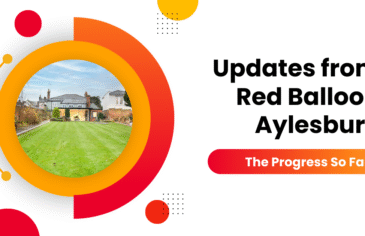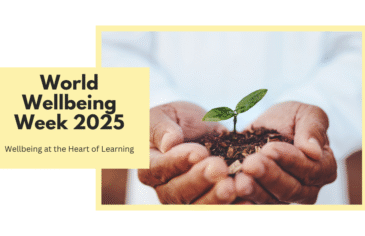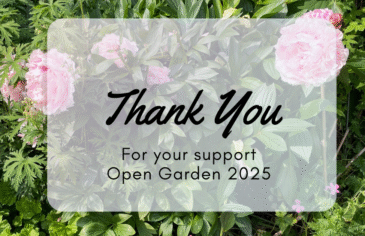by Mel Duncan, Link Professional and Neurodiversity ambassador, Red Balloon of the Air
Neurotypical and neurodivergent
Most people are neurotypical. Being neurotypical means that your brain functions and processes information in a way that the majority of society expects, encourages and rewards. In the UK it is estimated that over 15% of people are neurodivergent. This means that our brains function, learn and process information differently to the way that the majority of society expects, encourages and rewards.
Neurodivergence includes ADHD/ADD (Attention Deficit Disorders) ASD (Autistic Spectrum Disorders), Dyslexia and Dyspraxia. These are life-long neurological differences. They’re part of our identity; intrinsic to who we are. The prefix ‘dis’ or ‘dys’ means bad or difficult. ‘Deficit’ means to ‘fall short’. These terms suggest that we are somehow lacking, somehow broken. Words are powerful symbols. They carry many connotations, the labels listed above often conjuring up negative imagery that can affect not only how we are treated and viewed by others, but also how we view ourselves and our place in the world.
70% of students with learning differences and 75% of Autistic students report experiencing bullying at school
Bullying and neurodivergence
According to a 2017 report by Ditch the Label, 70% of students with learning differences and 75% of Autistic students report experiencing bullying at school. Research shows that bullying, trauma and a lack of understanding and support can lead to mental ill health which can compound existing difficulties and have devastating consequences. Suicide rates are higher amongst neurodivergent people than any other group in society.
Advocating for understanding
The Neurodiverse community are actively advocating for a deeper understanding and recognition of individual experience over general awareness of ‘conditions’ and labels. Being aware of the medical terms and generic traits often only serves to reinforce existing stereotypes and can lead to assumptions about us which are harmful, hurtful and destructive. Instead, attempt to understand us on our terms. Walk beside us. Strive to see us, speak to us and hear us as individuals. Watch YouTube channels made by Neurodivergent people. Read books and blogs written by Neurodivergent people. Listen to Podcasts made by Neurodivergent people. But most importantly, shine a light on our talents, our passions and our fortitude.
Walk beside us. Strive to see us, speak to us and hear us as individuals.
Celebration week
Neurodiversity Celebration week aims to encourage a shift in focus away from our perceived weaknesses towards the many strengths and positive aspects that being Neurodivergent brings. We hope you will join us in celebrating our creativity, our innovation and our ability to think outside of the box. We hope you will recognise our unique insights and perspectives and admire the perseverance, courage and resilience that we demonstrate each day whilst navigating a world that can often be challenging, contradictory and confusing.
We are the entrepreneurs and teachers, the pioneers and change-makers, the poets and playwrights and artists and leaders. We are the trailblazers, the adventurers, the discoverers and dreamers. We are your sisters and brothers, mothers and fathers, peers and colleagues.
We are different. Not less.



